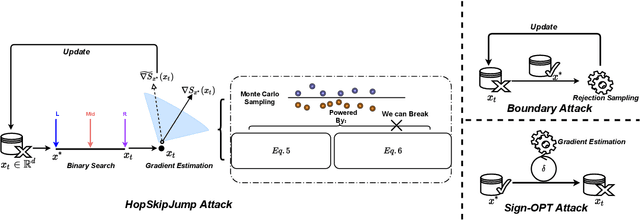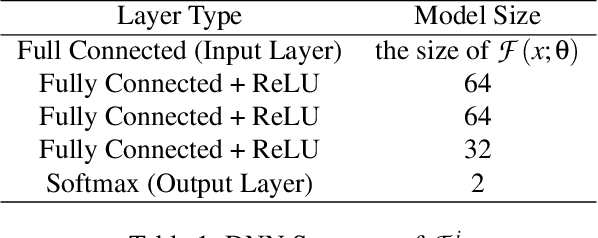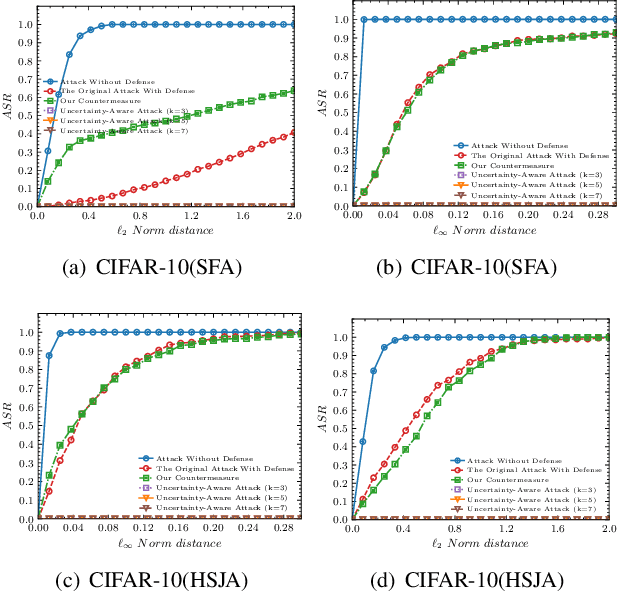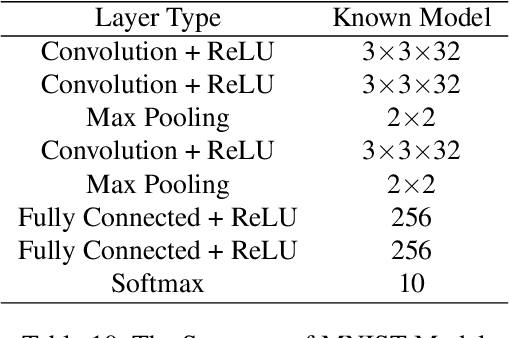Yaswanth Yadlapalli
EREBA: Black-box Energy Testing of Adaptive Neural Networks
Feb 12, 2022



Abstract:Recently, various Deep Neural Network (DNN) models have been proposed for environments like embedded systems with stringent energy constraints. The fundamental problem of determining the robustness of a DNN with respect to its energy consumption (energy robustness) is relatively unexplored compared to accuracy-based robustness. This work investigates the energy robustness of Adaptive Neural Networks (AdNNs), a type of energy-saving DNNs proposed for many energy-sensitive domains and have recently gained traction. We propose EREBA, the first black-box testing method for determining the energy robustness of an AdNN. EREBA explores and infers the relationship between inputs and the energy consumption of AdNNs to generate energy surging samples. Extensive implementation and evaluation using three state-of-the-art AdNNs demonstrate that test inputs generated by EREBA could degrade the performance of the system substantially. The test inputs generated by EREBA can increase the energy consumption of AdNNs by 2,000% compared to the original inputs. Our results also show that test inputs generated via EREBA are valuable in detecting energy surging inputs.
PredCoin: Defense against Query-based Hard-label Attack
Feb 04, 2021



Abstract:Many adversarial attacks and defenses have recently been proposed for Deep Neural Networks (DNNs). While most of them are in the white-box setting, which is impractical, a new class of query-based hard-label (QBHL) black-box attacks pose a significant threat to real-world applications (e.g., Google Cloud, Tencent API). Till now, there has been no generalizable and practical approach proposed to defend against such attacks. This paper proposes and evaluates PredCoin, a practical and generalizable method for providing robustness against QBHL attacks. PredCoin poisons the gradient estimation step, an essential component of most QBHL attacks. PredCoin successfully identifies gradient estimation queries crafted by an attacker and introduces uncertainty to the output. Extensive experiments show that PredCoin successfully defends against four state-of-the-art QBHL attacks across various settings and tasks while preserving the target model's overall accuracy. PredCoin is also shown to be robust and effective against several defense-aware attacks, which may have full knowledge regarding the internal mechanisms of PredCoin.
 Add to Chrome
Add to Chrome Add to Firefox
Add to Firefox Add to Edge
Add to Edge